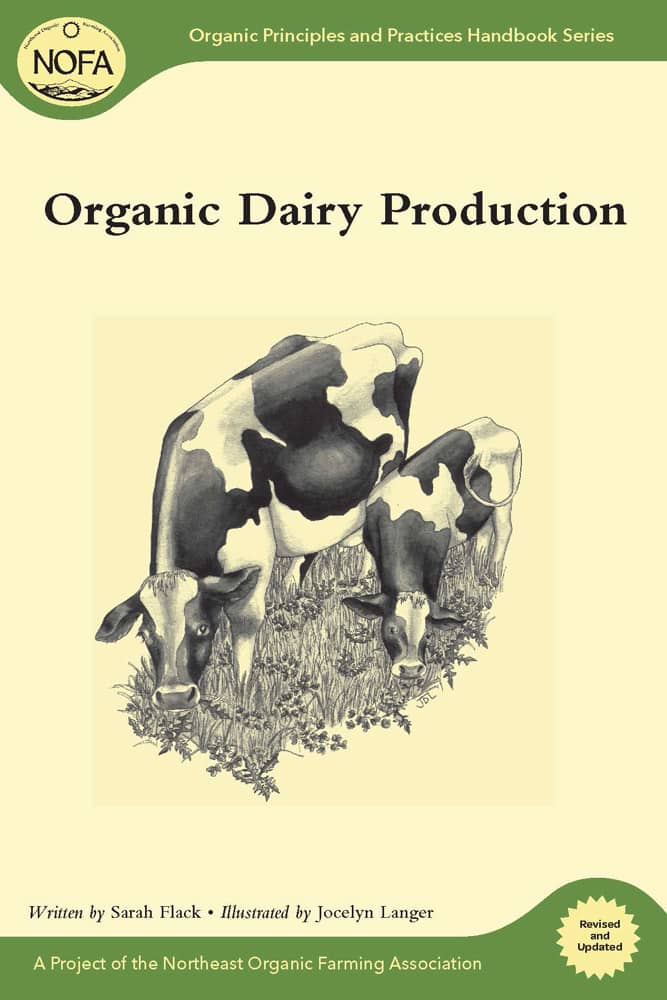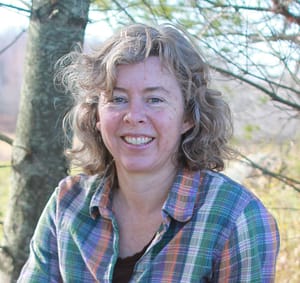Organic Dairy Production
Illustrated by Jocelyn Langer
Availability: Available on backorder
Paperback
$12.95
Add to WishlistAlready In Wishlist
Add to Wishlist
There is no simple recipe for setting up and managing a successful organic dairy farm, but this handbook can act as an introduction to important issues in organic dairy production and provide today’s organic or transitioning dairy farmer with an overview of the tools and ideas available.
Part of the NOFA guides. Organic Dairy Production includes information on:
- Soils, the foundation of health (manure management)
- Crop production and grazing management (forage species, pasture management, setting up a grazing system)
- Livestock (selection, nutrition, winter and summer feed considerations, seasonal milking, habitat, herd health, milk quality)
- Marketing (selling fluid milk, regulations, facility and equipment, selling raw milk)
- Recordkeeping
- The transition to organic
Features examples from various farms in the Northeast.








